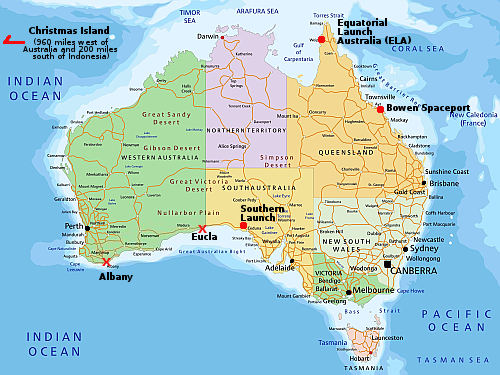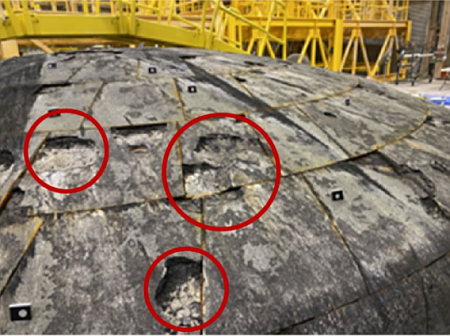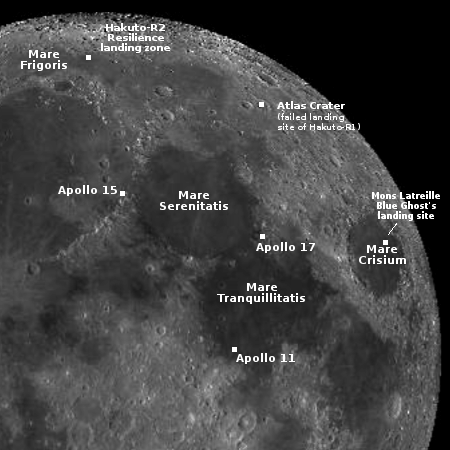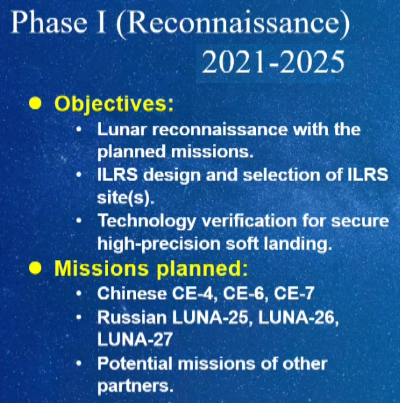FAA approves SpaceX request to increase Starship launch rate at Boca Chica
The FAA today by email announced that it has released the final environmental reassessment that approves SpaceX’s request to increase the number of yearly Starship/Superheavy launches at Boca Chica to as many as 25.
The assessment is now available for public comment, and could still be revised. However, the FAA’s conclusions are clear, as indicated by the highlighted phrase:
The FAA is announcing the availability of the Final Tiered Environmental Assessment and Mitigated Finding of No Significant Impact/Record of Decision (FONSI/ROD) for the SpaceX Starship/Super Heavy Vehicle Increased Cadence at the SpaceX Boca Chica Launch Site in Cameron County, Texas (Final Tiered EA and Mitigated FONSI/ROD).
Under the Proposed Action addressed in the Final Tiered EA, the FAA would modify SpaceX’s existing vehicle operator license to authorize: Up to 25 annual Starship/Super Heavy orbital launches, including: Up to 25 annual landings of Starship (Second stage); Up to 25 annual landinqgs of Super Heavy (First stage). The Final Tiered EA also addressed vehicle upgrades.
You can read the executive summary of this announcement here [pdf]. The full reassessment can be read here [pdf]. Its conclusion is quite blunt:
The 2022 PEA [Preliminary Environmental Assessment] examined the potential for significant environmental impacts from Starship/Super Heavy launch operations at the Boca Chica Launch Site and defined the regulatory setting for impacts associated with Starship/Super Heavy. The areas evaluated for environmental impacts in this EA [environmental assesssment] included air quality; climate; noise and noise‐compatible land use; visual resources; cultural resources; Department of Transportation Section 4(f); water resources; biological resources (terrestrial and marine wildlife); land use; hazardous materials; natural resources and energy supply; and socioeconomics, and children’s health. In each of these areas, this EA concludes that no significant impacts would occur as a result of SpaceX’s proposed action. [emphasis mine]
As I’ve noted repeatedly, this has all been self-evident for years, as proved by the environmental circumstances at the American spaceports at Cape Canaveral and Kennedy in Florida and Vandenberg in California. Spaceports help the environment by creating large wildlife refuges where no development can occur. We have known this for decades. That the FAA and the federal bureaucracy has in the past five years suddenly begun demanded these long reassessments time after time that simply restate these obvious facts can only be because that bureaucracy wants to justify its useless existence with make-work.
The FAA today by email announced that it has released the final environmental reassessment that approves SpaceX’s request to increase the number of yearly Starship/Superheavy launches at Boca Chica to as many as 25.
The assessment is now available for public comment, and could still be revised. However, the FAA’s conclusions are clear, as indicated by the highlighted phrase:
The FAA is announcing the availability of the Final Tiered Environmental Assessment and Mitigated Finding of No Significant Impact/Record of Decision (FONSI/ROD) for the SpaceX Starship/Super Heavy Vehicle Increased Cadence at the SpaceX Boca Chica Launch Site in Cameron County, Texas (Final Tiered EA and Mitigated FONSI/ROD).
Under the Proposed Action addressed in the Final Tiered EA, the FAA would modify SpaceX’s existing vehicle operator license to authorize: Up to 25 annual Starship/Super Heavy orbital launches, including: Up to 25 annual landings of Starship (Second stage); Up to 25 annual landinqgs of Super Heavy (First stage). The Final Tiered EA also addressed vehicle upgrades.
You can read the executive summary of this announcement here [pdf]. The full reassessment can be read here [pdf]. Its conclusion is quite blunt:
The 2022 PEA [Preliminary Environmental Assessment] examined the potential for significant environmental impacts from Starship/Super Heavy launch operations at the Boca Chica Launch Site and defined the regulatory setting for impacts associated with Starship/Super Heavy. The areas evaluated for environmental impacts in this EA [environmental assesssment] included air quality; climate; noise and noise‐compatible land use; visual resources; cultural resources; Department of Transportation Section 4(f); water resources; biological resources (terrestrial and marine wildlife); land use; hazardous materials; natural resources and energy supply; and socioeconomics, and children’s health. In each of these areas, this EA concludes that no significant impacts would occur as a result of SpaceX’s proposed action. [emphasis mine]
As I’ve noted repeatedly, this has all been self-evident for years, as proved by the environmental circumstances at the American spaceports at Cape Canaveral and Kennedy in Florida and Vandenberg in California. Spaceports help the environment by creating large wildlife refuges where no development can occur. We have known this for decades. That the FAA and the federal bureaucracy has in the past five years suddenly begun demanded these long reassessments time after time that simply restate these obvious facts can only be because that bureaucracy wants to justify its useless existence with make-work.







